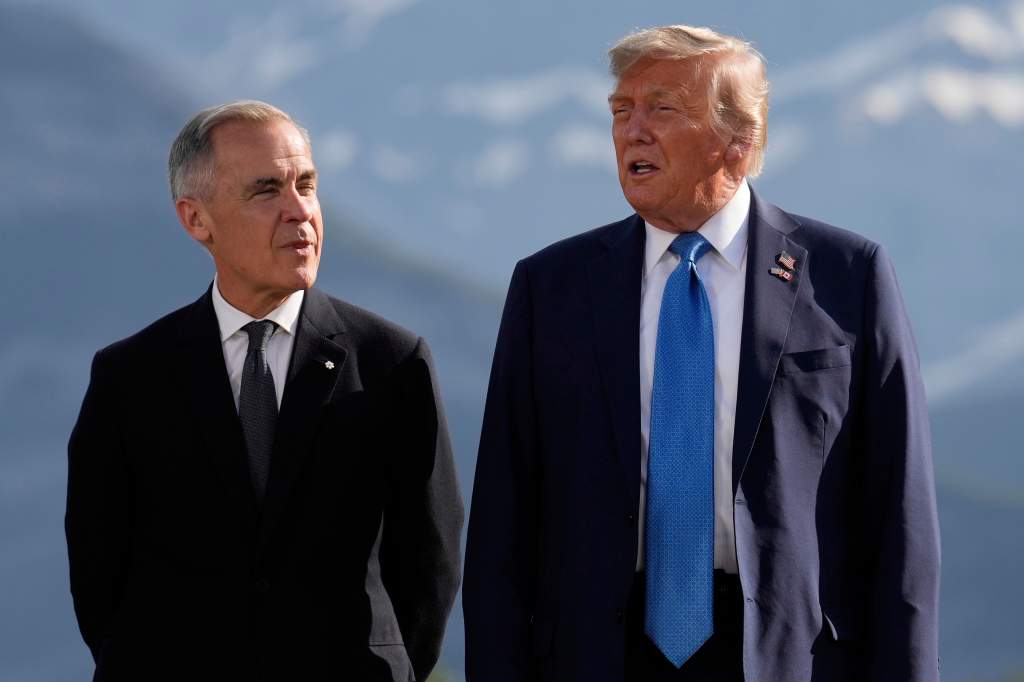
Introduction
The relationship between Donald Trump and Canada has been a subject of interest since Trump took office in January 2017. The economic, political, and social dynamics between the two countries significantly changed during his presidency and continue to influence Canadian affairs. Understanding this relationship is crucial for assessing current events, trade policies, and diplomatic efforts between Canada and the United States.
Trade Relations and NAFTA
One of the most significant actions Trump took during his presidency was the renegotiation of the North American Free Trade Agreement (NAFTA). In late 2018, the United States-Mexico-Canada Agreement (USMCA) was finalized, replacing NAFTA after intense negotiations. This agreement aimed to modernize trade relations, addressing various sectors such as agriculture, technology, and labor. Canada faced challenges, including dairy market access and tariff impositions, which created friction during negotiations.
Border Issues and Immigration Policies
Under Trump’s administration, Canada also encountered various immigration-related challenges. The controversial ‘Border Wall’ and the tightening of immigration policies raised concerns for many Canadians, particularly regarding asylum seekers and cross-border travel. Despite these strains, Canada continued to uphold its commitment to welcoming refugees. The differing immigration policies highlighted the complexities of border security and human rights, leading to debates within Canada about balancing national security and compassion.
Environmental Policies
Trump’s withdrawal from the Paris Agreement was another point of contention with Canada, which maintained its commitment to climate action. Premier Justin Trudeau criticized Trump’s decision, reaffirming Canada’s priorities in combating climate change. This divide posed challenges for bilateral cooperation on environmental policies, impacting Canada’s efforts to lead on global climate initiatives.
Conclusion
The implications of Donald Trump’s presidency on Canada were multifaceted, affecting trade, immigration, and environmental policies. As a result of these dynamics, Canada has had to navigate a complex relationship with the U.S., fostering resilience and adaptability. Looking ahead, Canada continues to work on strengthening its policies to safeguard its national interests while preparing for any potential shifts in U.S. policy following a new administration. Understanding Trump’s impact is vital for Canadians as they anticipate and respond to the ever-evolving landscape of U.S.-Canada relations.



